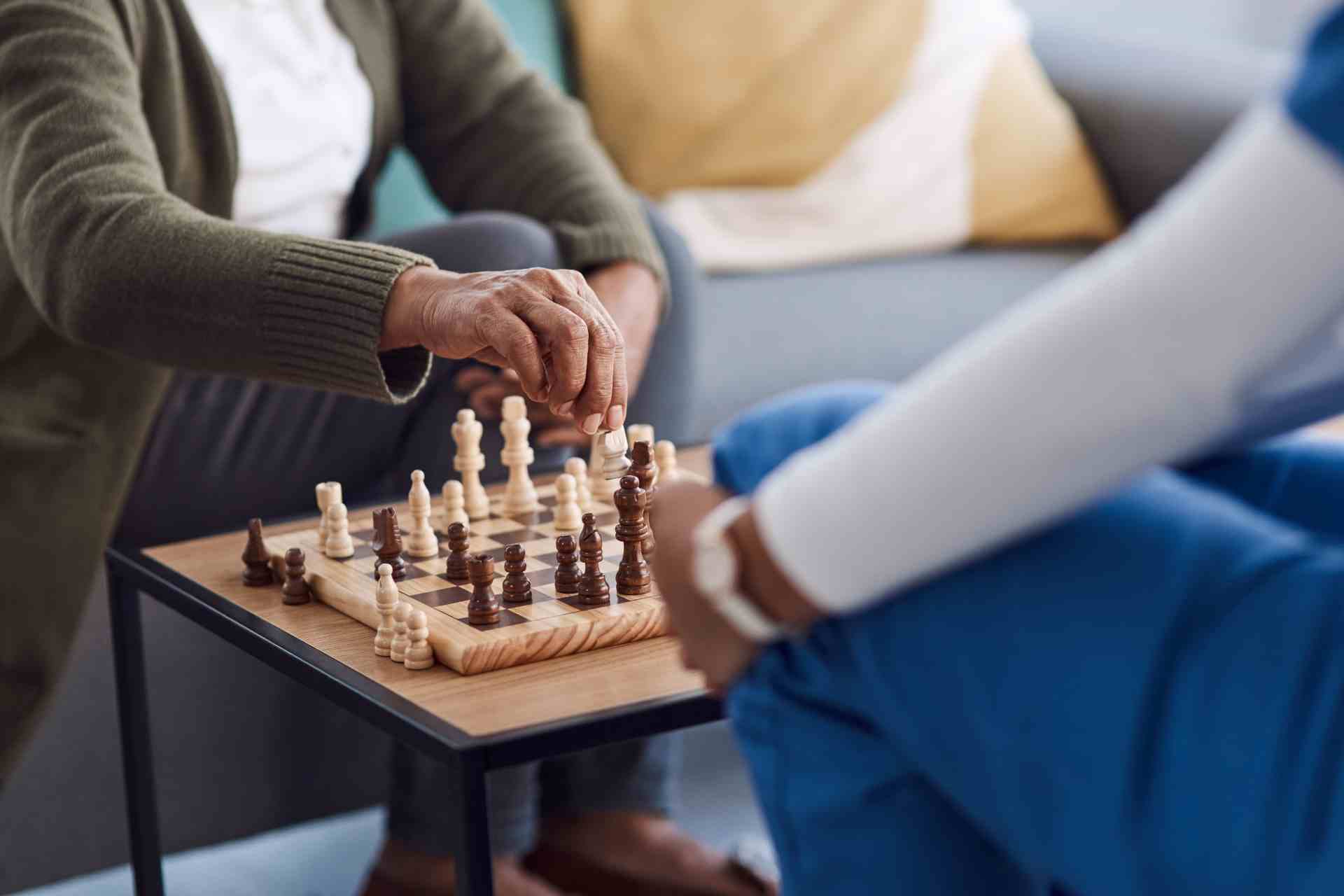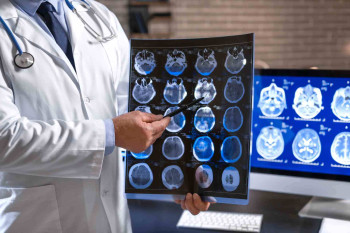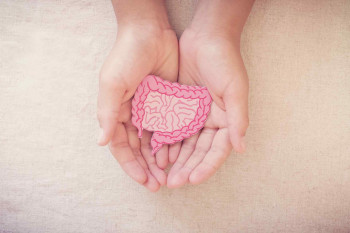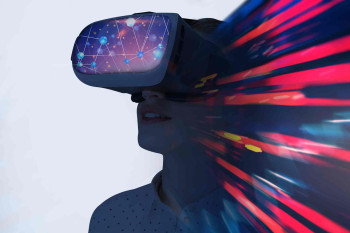All You Need to Know about Deep Brain Stimulation
Welcome to the official blog of AINS Apex Institute of Neuro Spine, led by Dr. Vikas Bhardwaj. In this article, we will explore the revolutionary treatment known as Deep Brain Stimulation (DBS).
DBS is a surgical procedure that has shown remarkable success in improving the lives of patients with various neurological conditions.
So, let's delve deeper into the world of DBS and uncover its benefits, applications, and the process involved.
What is Deep Brain Stimulation?
Understanding the Basics
Deep Brain Stimulation is a surgical procedure that involves implanting electrodes into specific regions of the brain. These electrodes deliver electrical impulses to targeted areas, modulating abnormal brain activity and alleviating symptoms of neurological disorders.
Deep Brain Stimulation works on the principle of neuromodulation, where electrical signals are used to modify the activity of brain cells. By targeting specific brain circuits, DBS can help regulate abnormal brain activity and restore normal functioning.
Conditions Treated with DBS
Parkinson's Disease
Parkinson's Disease is a progressive disorder characterized by tremors, rigidity, and difficulty with movement. DBS has proven to be highly effective in managing motor symptoms and improving the quality of life for individuals with Parkinson's Disease.
DBS targets the subthalamic nucleus or globus pallidus regions of the brain, which are responsible for motor control. By delivering electrical impulses to these areas, DBS can help reduce tremors, alleviate rigidity, and improve motor function in Parkinson's patients.
Essential Tremor
Essential Tremor causes uncontrollable shaking, primarily in the hands. DBS can provide significant relief to patients by reducing tremors and enhancing motor control.
Similar to Parkinson's Disease, DBS targets specific areas of the brain involved in motor control to regulate abnormal signals and reduce tremors associated with essential tremor.
Dystonia
Dystonia is a neurological disorder characterized by involuntary muscle contractions, causing repetitive or twisting movements. DBS has shown promising results in reducing muscle contractions and alleviating dystonia symptoms.
DBS for dystonia primarily focuses on targeting the globus pallidus region of the brain. By modulating the abnormal signals responsible for involuntary muscle contractions, DBS can help improve muscle control and reduce dystonia symptoms.
Obsessive-Compulsive Disorder (OCD)
For individuals with severe OCD symptoms that are resistant to other treatments, DBS can be a viable option. By targeting specific brain circuits, DBS has demonstrated the ability to alleviate symptoms and improve quality of life for patients with OCD.
DBS for OCD involves targeting the anterior limb of the internal capsule or the subthalamic nucleus. These regions are involved in regulating the emotional and cognitive aspects of OCD. By modulating these areas, DBS can help reduce obsessive thoughts and compulsive behaviors.
The DBS Procedure
Pre-operative Evaluation
Before undergoing DBS, patients undergo a comprehensive evaluation, including a medical history assessment, neurological examinations, and diagnostic imaging. This evaluation helps determine the patient's suitability for the procedure and identifies the optimal target sites in the brain.
The pre-operative evaluation ensures that the patient is a good candidate for DBS and helps the healthcare team plan the procedure effectively. Diagnostic imaging, such as MRI or CT scans, is used to precisely locate the target areas in the brain.
Implantation of Electrodes
During the surgical procedure, electrodes are implanted in precise locations within the brain, guided by real-time imaging. These electrodes are connected to a small device called a neurostimulator, which is implanted beneath the skin, typically in the chest or abdomen.
The implantation of electrodes involves creating small openings in the skull and placing the electrodes in the targeted brain regions. The real-time imaging helps guide the surgeon, ensuring accurate placement of the electrodes.
Programming and Adjustments
Following the surgery, the neurostimulator is programmed and adjusted to deliver electrical impulses to the targeted areas. The settings can be modified over time to optimize symptom management and minimize side effects.
The programming and adjustments of the neurostimulator are typically done in collaboration with a neurologist. By fine-tuning the electrical impulses, the healthcare team can optimize the therapeutic effects and minimize any potential side effects.
Benefits of DBS
Symptom Control
One of the primary benefits of DBS is its ability to effectively control and manage symptoms associated with various neurological disorders. Patients often experience a significant reduction in tremors, rigidity, and other movement-related symptoms.
DBS offers precise control over symptom management, providing patients with improved motor control and a reduction in debilitating symptoms. This can greatly enhance their overall quality of life.
Medication Reduction
DBS can allow for a reduction in the use of medications, particularly for individuals with Parkinson's Disease. This reduction can help minimize side effects and improve overall quality of life.
By supplementing or replacing medication with DBS, patients may experience a decrease in medication-related side effects while still benefiting from symptom control.
Long-Term Efficacy
Studies have shown that DBS can provide long-lasting benefits, with symptom improvement sustained over years. This makes it a valuable treatment option for individuals seeking long-term relief.
DBS has demonstrated its ability to provide enduring symptom control and quality of life improvements. Patients can experience a sustained positive impact on their symptoms and overall well-being.
Conclusion:
Deep Brain Stimulation has emerged as a groundbreaking treatment for several neurological conditions, offering hope and relief to countless patients. AINS Apex Institute of Neuro Spine, under the leadership of Dr. Vikas Bhardwaj, is at the forefront of providing advanced DBS procedures, helping patients regain control over their lives.
If you or your loved ones are struggling with a neurological disorder, don't hesitate to consult our experts to explore the possibilities of Deep Brain Stimulation.

























